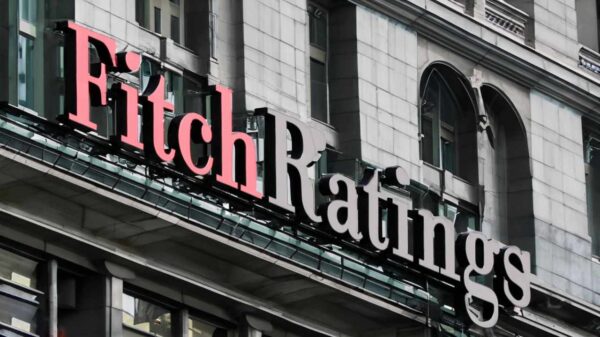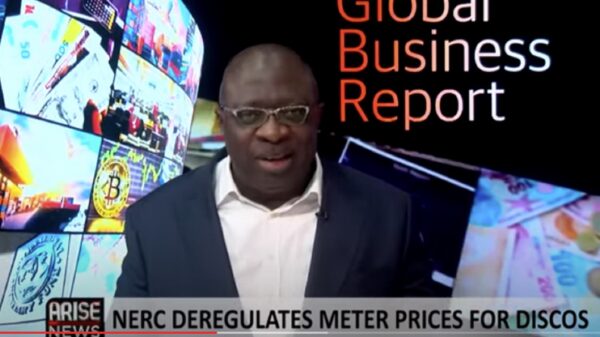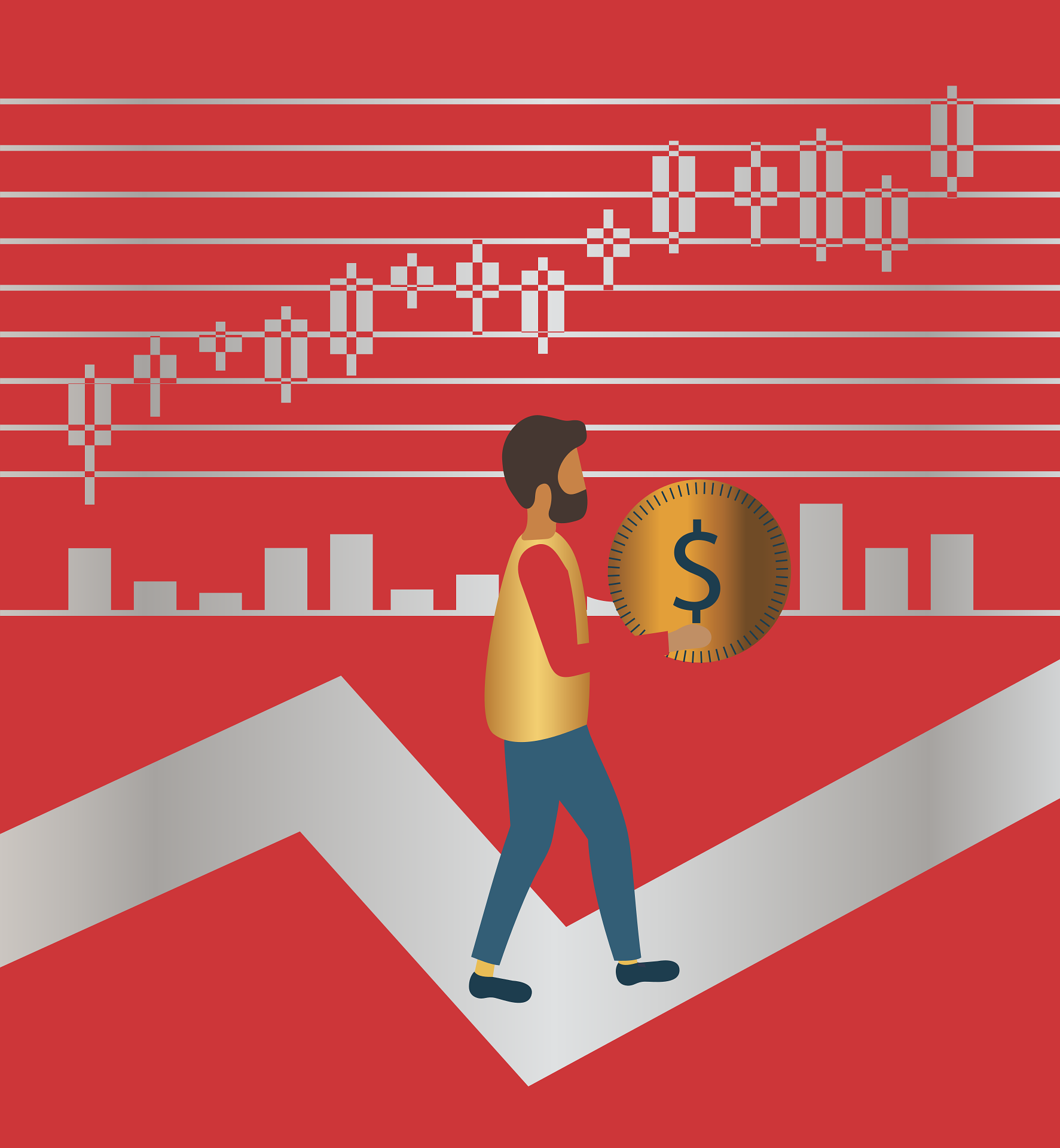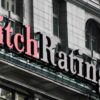In a significant development on June 16th, 2023, the Central Bank of Nigeria introduced major changes to its foreign exchange operations, consolidating various rate windows into a single system known as the Investor and Exporter Window or I&E Window. This change has sparked debates about Nigeria’s new foreign exchange rate policy, which has been labelled a managed float system despite some viewing it as a free float system.
This article explores the differences between fixed, free float, crawling peg, and managed float exchange rate systems and assesses their suitability for Nigeria’s current economic situation.
A. Different Exchange Rate Systems
Fixed Exchange Rate System: In this system, Nigeria’s currency is tied to another currency, a basket of currencies, or a commodity like gold. The central bank intervenes to maintain this peg by buying or selling its currency.
Crawling Peg: Under a crawling peg system, the pegged exchange rate of the national currency is periodically adjusted in small increments based on specific parameters such as inflation differentials with trading partners.
Managed Float: This system allows market forces to determine the currency’s value, but the central bank intervenes to stabilize or influence the exchange rate when necessary.
Free Float: In a free float system, the currency’s value is solely determined by supply and demand without government intervention.
B. Characteristics of Each System
Fixed Exchange Rate System:
- Pegged Value: The currency is tied to another major currency, providing stability.
- Central Bank Intervention: The central bank intervenes to maintain the peg.
- Currency Reserves: Substantial reserves are needed to defend the peg.
- Monetary Policy Constraints: Monetary policies are constrained by maintaining the peg.
- Vulnerability to Speculative Attacks: Speculators may target the currency if they believe it’s overvalued.
Crawling Peg:
- Gradual Adjustments: The peg is adjusted incrementally over time.
- Pre-determined: Adjustments are pre-announced based on economic indicators.
- Central Bank Intervention: The central bank intervenes to maintain the pre-determined adjustments.
- Objective: Adjustments maintain competitiveness and reduce shocks.
- Reduced Shock: Gradual adjustments mitigate sudden shocks.
Managed Float:
- Market-Driven with Intervention: With occasional central bank interventions, market forces determine the value.
- Stability: Interventions aim to prevent excessive volatility.
- No Pre-determined Level: A desired value may exist without a strict target level.
- Monetary Policy Flexibility: More flexibility compared to fixed systems.
- Balancing Act: Striking a balance between market forces and intervention.
Free Float:
- Market-Driven: Value is determined solely by supply and demand.
- Volatility: Subject to short-term fluctuations.
- Monetary Policy Independence: Independent monetary policy is possible.
- Self-adjusting Mechanism: Imbalances correct naturally.
- No Large Reserves: No need to defend a specific rate.
C. Conditions for Implementing Each System
Fixed Exchange Rate System:
- Strong Reserves: Substantial reserves are needed to defend the peg.
- Trade Stability: Stable trade patterns with pegged countries.
- Economic Stability: Low and stable inflation is crucial.
- Capital Controls: We may need controls to prevent speculative attacks.
- Political Commitment: Strong commitment to maintain the peg.
Crawling Peg:
- Moderate Inflation Differential: Predictable inflation differential.
- Reliable Data: Accurate economic data for adjustments.
- Foreign Exchange Reserves: Needed for defending the peg.
- Financial Infrastructure: Tools to intervene effectively.
- Communication: Clear communication of adjustments.
Managed Float:
- Adequate Reserves: Sufficient reserves for interventions.
- Monetary Tools: Effective monetary policy instruments.
- Financial System: A stable financial system.
- Transparent Policy: Clear policy goals and communication.
- Flexible Economy: A diversified economy to handle shocks.
Free Float:
- Resilient Markets: Deep, liquid, regulated financial markets.
- Diversified Economy: Not reliant on a single export.
- Macroeconomic Policies: Stable macroeconomic environment.
- Central Bank Credibility: Strong central bank credibility.
- Capital Market Transparency: Open capital account.
What’s best for Nigeria?
Considering Nigeria’s economic challenges, a crawling peg system could be suitable for the following reasons:
- Maintain Competitiveness: Gradual depreciation supports non-oil exports and reduces imports.
- Anchor Inflation: Provides a credible anchor for inflation expectations.
- Avoid Speculative Attacks: Reduces risks of speculative attacks.
However, the current economic conditions, including falling reserves and exchange rate disparities, suggest that a combination of crawling peg and managed float might be more appropriate to ensure stability and predictability.
In conclusion, Nigeria’s choice of an exchange rate system depends on various factors, including economic stability, reserves, inflation differentials, and market conditions. A thoughtful combination of exchange rate systems may provide the flexibility to navigate Nigeria’s complex financial landscape.























































You must be logged in to post a comment Login